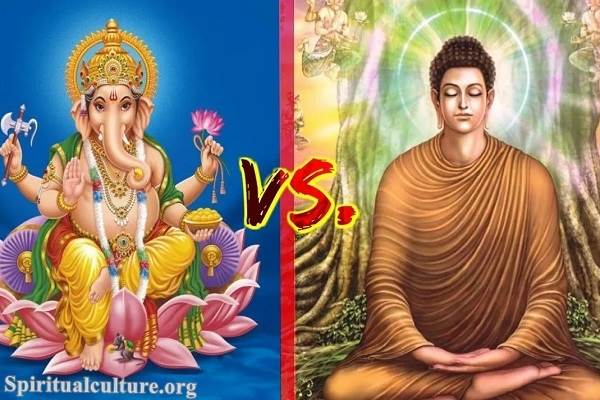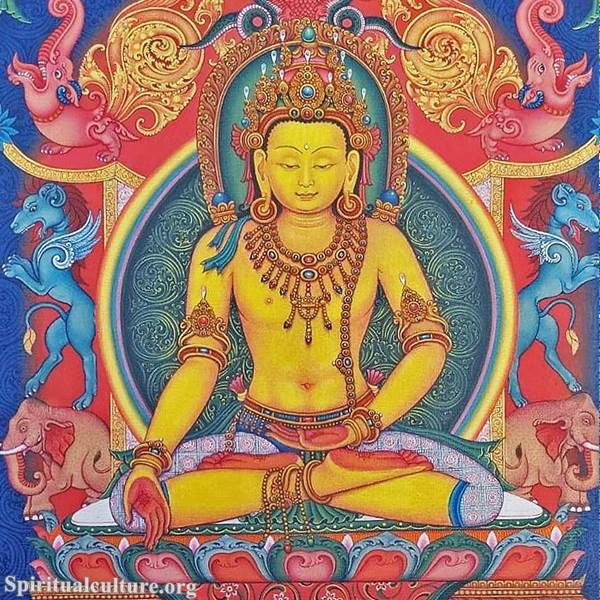It is inaccurate to say that the Buddha rejected Hinduism, as Buddhism emerged in the Indian subcontinent and is considered a part of the broader Hindu tradition.
However, the Buddha challenged certain beliefs and practices in the Hindu tradition.
The Buddha was born into a Hindu family and was exposed to the traditional beliefs and practices of Hinduism from a young age. However, as he grew older and began seeking answers to the suffering and suffering he saw around him, he became dissatisfied with the traditional explanations offered by Hinduism.
In particular, the Buddha rejected the idea of a permanent, unchanging self or soul, which was central to Hindu belief. He also rejected the idea of an ultimate creator god and the caste system, which divided people into social and religious classes based on their birth.

Instead, the Buddha taught that the key to ending suffering was understanding the nature of reality and cultivating mindfulness, compassion, and ethical behavior. These teachings formed the basis of Buddhism, a separate religion from Hinduism, although it shares some common origins and cultural influences.
The Buddha’s teachings, known as the Dharma, emphasized the importance of understanding the nature of reality and the role of suffering in the human experience. He taught that suffering arises from desire and attachment and that cultivating mindfulness and detachment from these desires and attachments is the way to end suffering.
The Buddha also taught the importance of ethical conduct and compassion for all beings and emphasized the value of meditation and other practices to cultivate these qualities. These teachings form the core of Buddhist practice and are known as the Eightfold Path.
The Buddha’s teachings were revolutionary at the time and represented a significant departure from the traditional Hindu beliefs of the time. However, they were also deeply influential and have impacted spiritual and philosophical thought in the centuries since.
I hope this helps to provide some context on the relationship between Buddhism and Hinduism.





